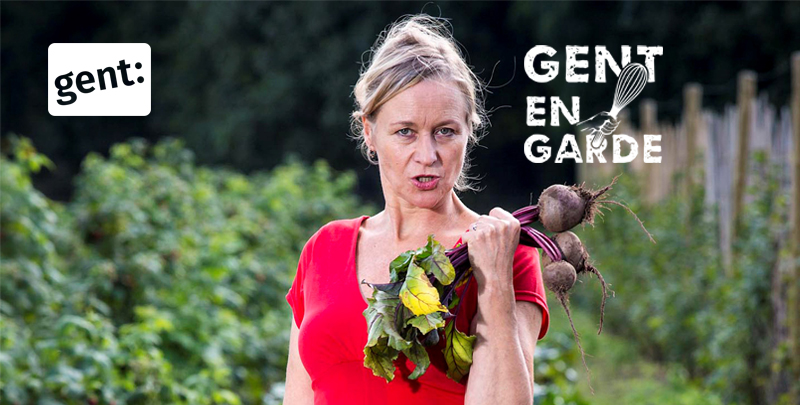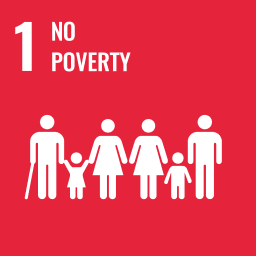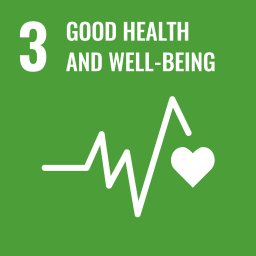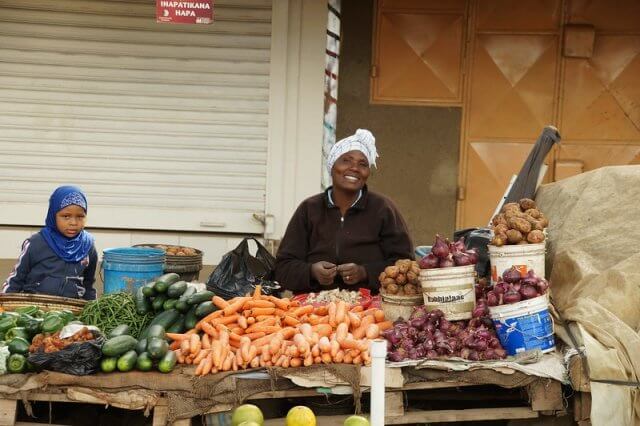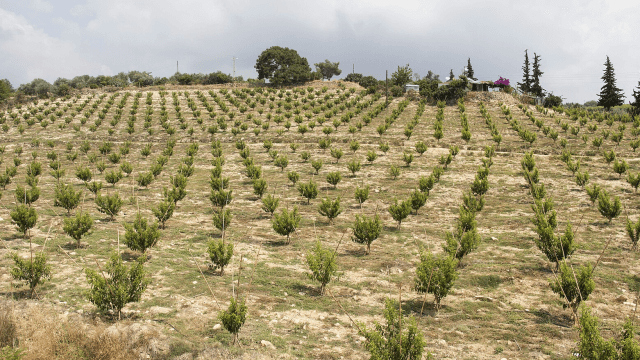The action and its aims
The Ghent en Garde food policy council consists of 30 stakeholders from across the local food system. The food council gives advice to the city and is actively engaged in co-development of the food policy. It is a place where organisations with different interests can work together constructively and co-create a sustainable and healthy food system for the city. The full food council meets four times a year. Several working groups around certain tasks or issues (strategic or operational) have more flexible meeting arrangements.
Why it was needed
Prior to the establishment of the food policy council in 2013, there was no platform to address all local food-related challenges in a comprehensive way, or to build relationships between local stakeholders. This meant there was a risk of counterproductive or duplicate efforts, and failure of individual initiatives to achieve the greater results that are possible through cooperation with others.
Who initiated it, who is involved
The Gent en Gard food policy council was born out of a combination of top-down and bottom-up impetus. On the one hand, years of discussion within the municipality about the need for coordinated action on food culminated in its inclusion in the local policy agreement for the 2013-18 legislature (under the Green-Liberal-Socialist coalition). On the other hand, Ghent has a thriving civil society, with many citizens and organisations seeking to put sustainable food on the agenda in the context of the climate transition debate. Food policy council members include representatives of the agricultural sector, distribution and trade, restaurants, civil society and research. The food policy council is chaired by the deputy mayor responsible for Climate, Environment, Housing and International Cooperation and supported by the city of Ghent’s climate and environment service. An independent moderator facilitates meetings.
Outcome/ how it strengthened coordination
The food policy council has refined the overarching goals of the Ghent en Garde food strategy and translated them into concrete operational goals. These operational goals guide implementation through City of Ghent food policies, projects and interventions. It has provided input and direction to many city projects and strategic plans (e.g. the 2020 – 2025 climate plan), and kept food on the public agenda. Since 2018 the food council has had its own dedicated budget to support innovation, in fields ranging from logistic solutions, food waste prevention, access to food, local food production to promoting sustainable consumption, etc. So far, 13 initiatives have received financial support and advice. Through workshops, partner days and network events it connects and engages citizens and organisations, and facilitates knowledge sharing and cooperation.
